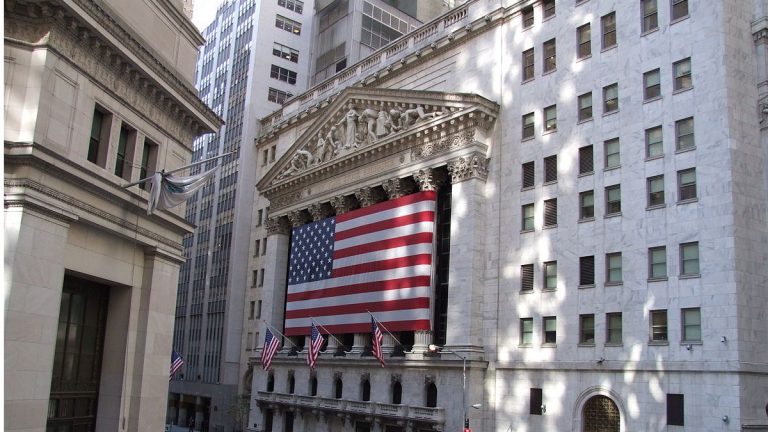A recent CNBC poll of the investment community has surveyed how they believe the economy would fare under a Biden administration. The December poll results found that two thirds believe the stock market will do worse should the democratic presidential contender enter the White House come Jan. 20. Despite the pessimistic attitude of the health of the market, two thirds of respondents also believe that the Dow Jones blue-chip benchmark will reach highs of 35,000 by the end of 2021.
Investors are weary of Biden’s plan to roll back the tax cuts implemented by the previous administration which will lower company earnings and market valuations. Biden’s plans also include raising taxes on high earners.
It’s believed that Biden’s new policies will benefit the consumer discretionary, industrials, and financial sectors while utilities, consumer staples, and energy sectors will take a hit.
In a CNBC November survey of the small business community, 55% of respondents believe Biden’s fiscal plans will hurt small businesses, although 35% believe they will fare better under the administration.
Biden’s Economic Team
Early last month the incoming Biden and Harris administration announced their nominees for their new economic team. With the goal to reflect the diversity of the US, more women and minorities feature prominently in the group.

Success
You are now signed up for our newsletter
Success
Check your email to complete sign up
Janet Yellen, Secretary of the Treasury. Yellin was the former Federal Reserve Chair from 2014 to 2018 and the first woman to hold that position. She first served under the Clinton administration as a member of the Federal Reserve Board of Governors. Her most recent hsa been as a distinguished fellow at the Brookings Institution.
Neera Tanden, Director of the Office of Management and Budget. Tanden is the Current President of the Center for American Progress which is a public policy and research group.
Wally Adeyemo, Deputy Secretary of the Treasury. Adeyamo worked under the Obama administration in several roles including chief negotiator of the Trans-Pacific Partnership and as the president’s representative at the G7 and G20 summits while working under the US Department of the Treasury.
Cecilia Rouse, Chair of the Council of Economic Advisors. Rouse currently works at Princeton University as Dean of the Public and International Affairs school. She served under the Clinton and Obama administrations. Most recently as a member of the Council of Economic Advisors under Obama.
Jaren Bernstein, Member of the Council of Economic Advisors. He is currently a senior Fellow at the Center on Budget and Policy Priorities.
Heather Boushey, Member of the Council of Economic Affairs. Bourshey is CEO and co-founder of the Washington Center for Equitable Growth
Economic and for Foreign Policy Ties
Under Biden there will be an effort to coordinate economic policy and foreign policy to promote the American middle class. Jake Sullivan, expected Biden nominee to the position of National Security Advisors believes economic policy should take into account foreign policy.
As a senior fellow at the Carnegie Endowment for International Peace, Sullivan recently published a report recommending areas of focus to emphasize the role foreign policy on economics affecting the American middle class.
As Biden’s former national security advisor during the Obama administration, Sullivan’s recent writings note that global trade has led to a swift decline in manufacturing in the United States. As cheaper goods flooded the American market so to have the jobs the American middle class depended on to hold on to a standard of living achieved without a college degree.
Globalization has not worked in favor of America’s middle class instead has benefited the top earners and multinational corporations. If the Biden administration is to promote the economic expansion of the American middle class, he will have to marry domestic policies with foreign policy.
Where Economic and Foreign Policy Meet
Sullivan’s concern with the economic health of the American middle class has included expected relations with China. In an interview with NPR, Sullivan stated, “The United States is going to ensure, for example, that we have the kind of free and open Internet where people can engage in commerce and speak freely and not have to worry about surveillance by foreign authoritarians, or not have to worry that the businesses that they either work for, or purchase from, are having to change their practices in fundamental ways to conform to the authoritarian tendencies of other governments. Those are things that affect Americans.”
Follow us on Twitter or subscribe to our email list
















